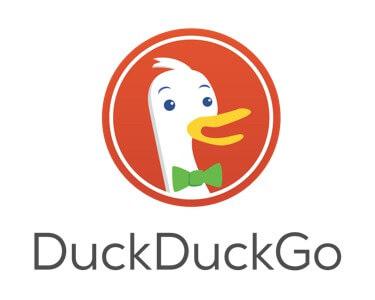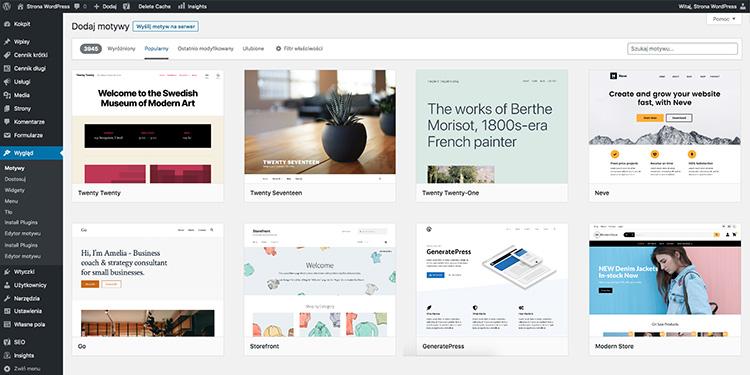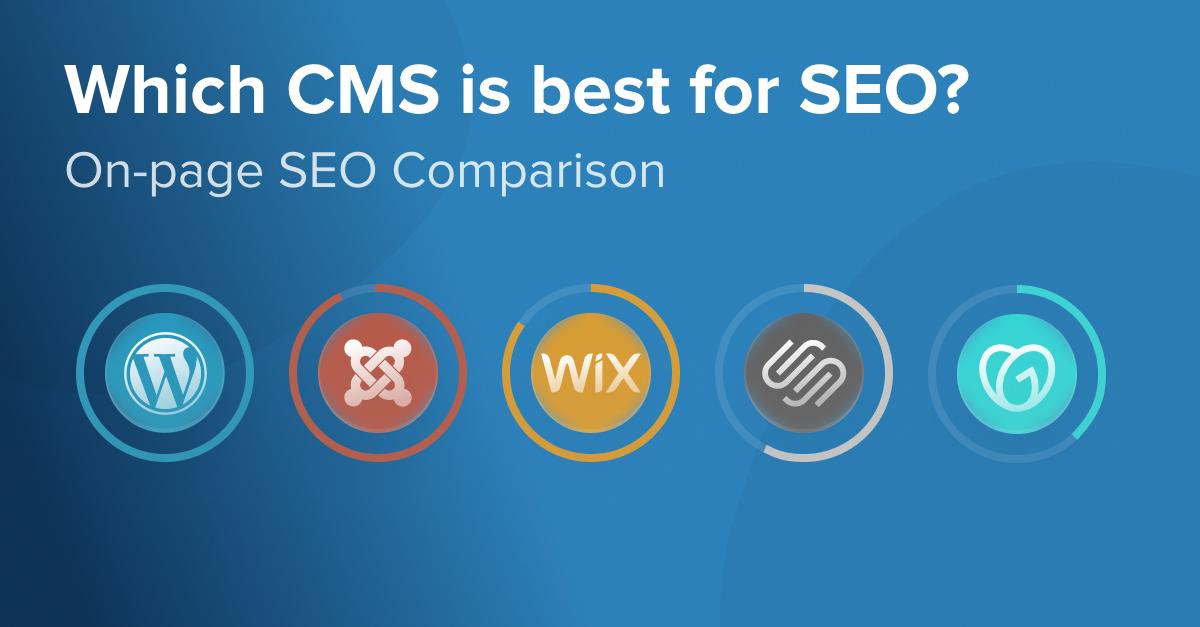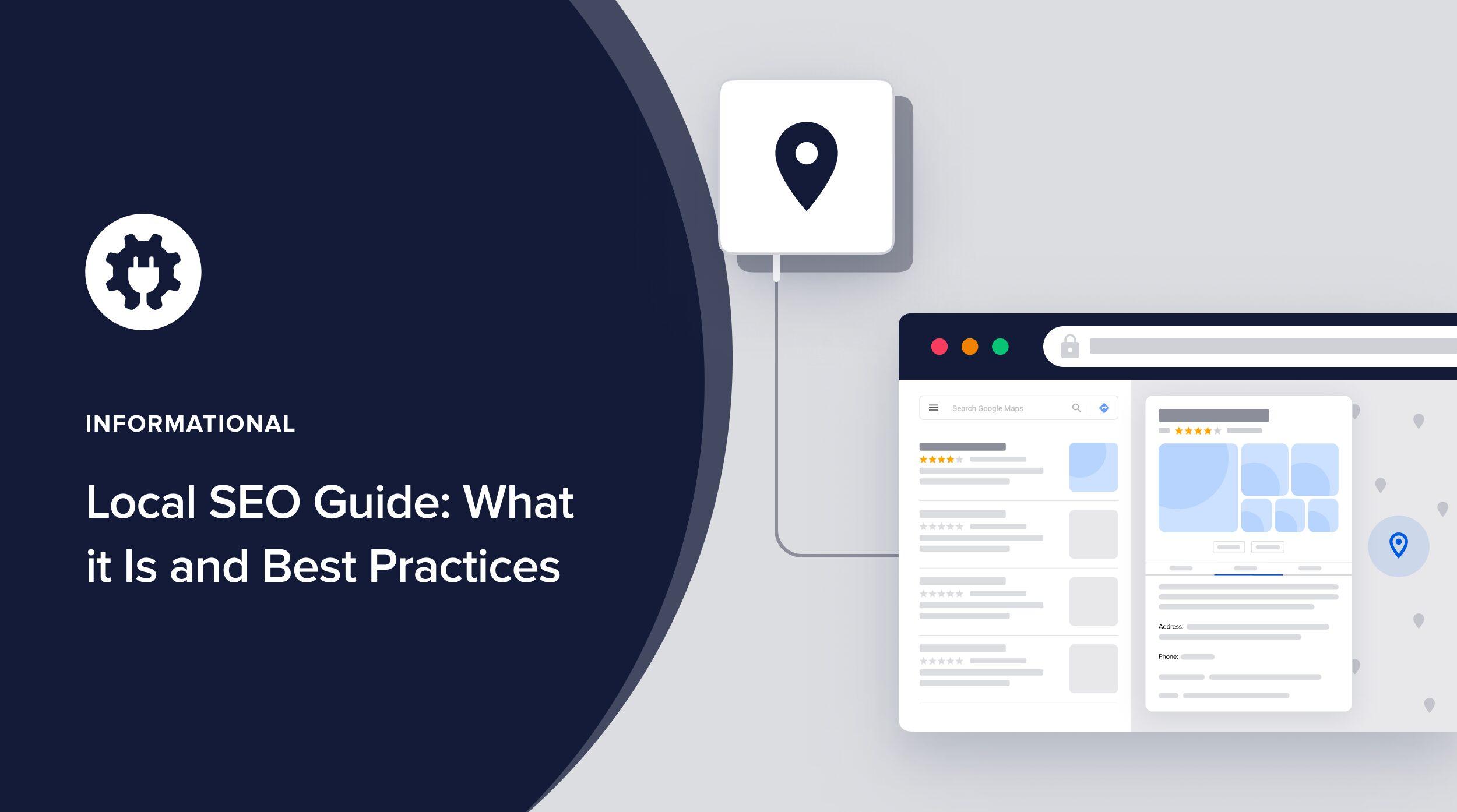title: 11 Best Search Engines to Use Instead of Google
In a world where Google reigns supreme as the go-to search engine, it’s easy to forget that there are plenty of other options out there that might just suit your needs even better. Sure, google is fast and familiar, but have you ever wondered what you might be missing out on? From privacy-focused alternatives to niche-specific search engines, exploring different platforms can open up a treasure trove of resources and perspectives you never knew existed. In this article, we’ll introduce you to 11 of the best search engines that can enhance your browsing experience and perhaps even redefine the way you find data online. So, whether you’re looking to safeguard your privacy, discover unique content, or simply want a change of pace, keep reading to find the perfect search engine tailored just for you!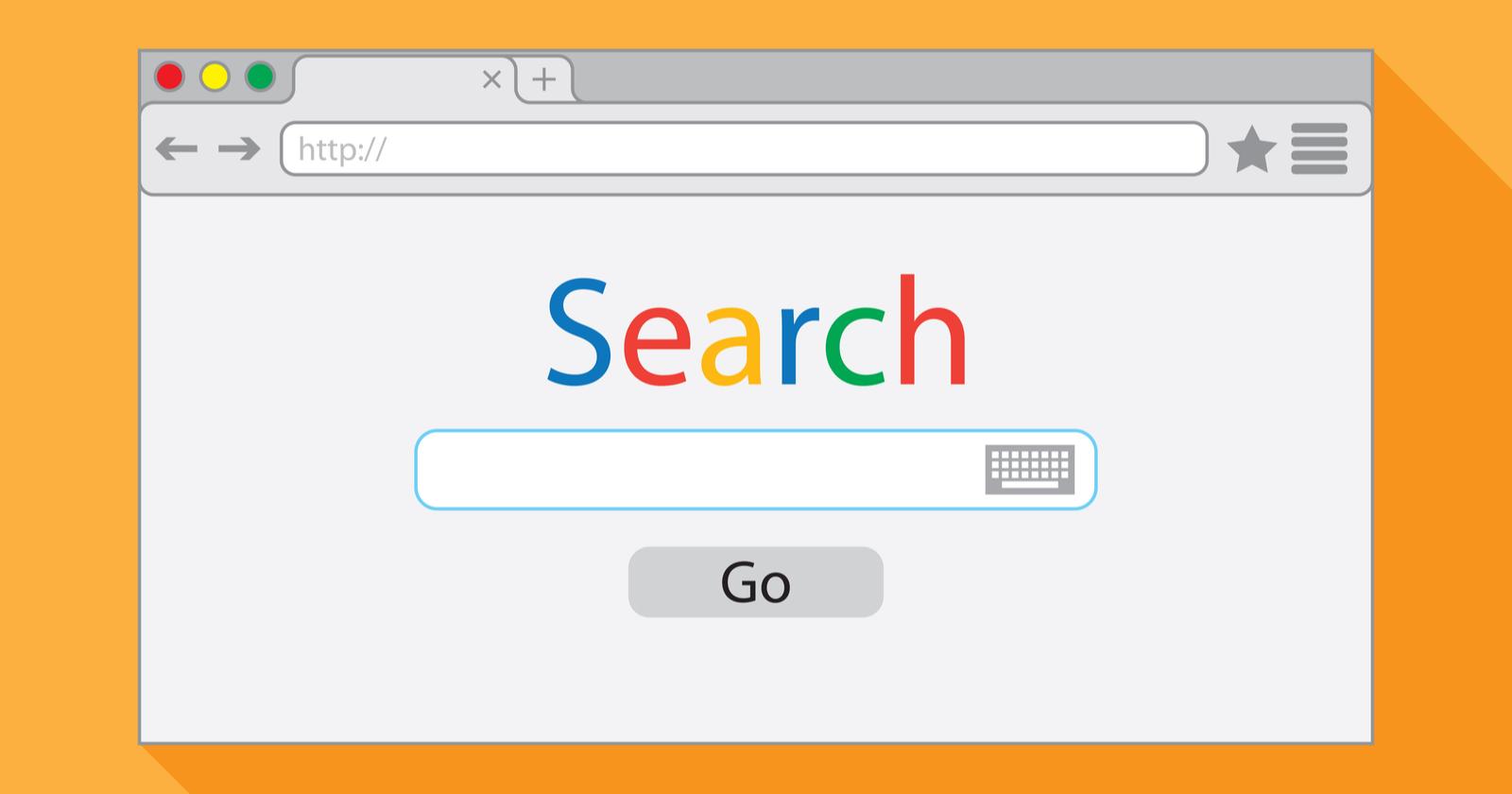
Exploring Beyond Google for Better Search Results
If you’re tired of the same old search results, stepping away from Google opens up a world of alternatives that can cater to your specific needs.each search engine has its unique features, emphasizing various aspects like privacy, speed, or niche content. It’s all about finding the right tool for the job,and the following options might just surprise you.
For those who value privacy,DuckDuckGo is a standout option.It doesn’t track your searches or create a personal data profile, ensuring your search history remains private. Plus, with its sleek interface and instant answers, you can browse without the nagging feeling of being watched.
On the other hand,if you’re looking for a search engine that provides a rich visual experience,consider Bing. With its stunning daily background images and a elegant image search feature,Bing can make your searching more visually appealing. Additionally, it rewards users for searching through its Microsoft Rewards program, allowing you to earn points for gift cards and more.
For niche enthusiasts, Wolfram Alpha is a game changer. Unlike traditional search engines, it effectively works as a computational knowledge engine, providing curated answers to specific queries. It’s perfect for students or professionals needing fast access to data, equations, or statistics without sifting through endless web pages.
Another excellent choice is Startpage. this search engine combines the results of Google with a strict focus on privacy. Startpage provides the same powerful results without tracking, making it a perfect choice for users who want the best of both worlds.
| Search Engine | Key Feature | Best For |
|---|---|---|
| DuckDuckGo | Privacy-focused | Anonymous searching |
| bing | Visual search experience | Image lovers |
| Wolfram Alpha | Computational engine | Data-driven queries |
| Startpage | Google results with privacy | Balanced searching |
Switching up your search engine can also lead to discovering sites and resources that you might not encounter with Google. Whether it’s niche blogs, forums, or specialized databases, broadening your search horizon can reveal a treasure trove of information tailored to your interests. So why limit yourself when the internet is full of remarkable resources waiting to be explored?
Discovering Privacy-Focused Search Engines You Can Trust
In today’s digital landscape, your privacy matters more than ever. With tech companies continually tracking our online behavior, discovering search engines that prioritize your privacy can be a game-changer.Here are some remarkable alternatives to google that not only respect your privacy but also deliver excellent search results.
DuckDuckGo is perhaps the most well-known privacy-focused search engine. It offers a clean interface and does not track your searches,meaning no targeted ads based on your queries.This engine aggregates results from various sources, ensuring you still get the information you need without compromising your privacy.
Startpage goes a step further by providing Google search results while keeping your identity private. Every search is anonymous, and it even allows users to view results through a proxy, ensuring your data remains safe.Startpage is perfect for those who want high-quality search results without the tracking.
Another excellent option is Qwant, a French search engine that promises not to track its users.Qwant offers a unique layout, categorizing results into web, news, and social media sections, which makes it easy to navigate. Plus, it highlights local results, enriching your search experience.
For those who value open-source solutions,consider Mojeek. This search engine is entirely independent, building its own index rather than relying on others. Mojeek emphasizes clarity and privacy, ensuring that users can explore the web without fear of surveillance.
| Search Engine | Main Feature | Privacy Guarantee |
|---|---|---|
| DuckDuckGo | Aggregated results | No tracking |
| startpage | Google results anonymously | Fully anonymous searches |
| Qwant | Local results highlighted | Wholly non-tracking |
| Mojeek | Independent index | Transparency-focused |
For enthusiasts of specialized searches, Search encrypt is a noteworthy option. It uses encryption to keep your search terms private and automatically deletes your search history after a certain period. This means your queries remain confidential, making it an ideal choice for sensitive topics.
Lastly, Gigablast is an open-source search engine that provides a no-frills experience without tracking users. It focuses on providing relevant results while maintaining a simple interface. It’s a fantastic option for those who prefer a straightforward search experience without the bells and whistles.
Unleashing the Power of Niche Search Engines for Specific Needs
While Google is undoubtedly the giant in the search engine space, it frequently enough overlooks the specific needs of niche users. That’s where specialized search engines step in, delivering tailored results that can save you time and effort. By focusing on particular interests or industries, these search engines refine the search experience, allowing you to dive deeper into topics that matter to you.
Imagine you’re an artist looking for inspiration. Instead of sifting through Google’s broad results,a niche search engine dedicated to art can provide a curated selection of galleries,blogs,and tutorials. This targeted approach not only enhances your search experience but also connects you with communities and resources that resonate with your creative journey. Some notable examples include:
- Artfinder: A platform for discovering unique artworks and connecting with independent artists.
- DeviantArt: A treasure trove for artists and enthusiasts to showcase and explore user-generated art.
- Behance: A site that highlights professional portfolios and creative projects across multiple disciplines.
Businesses can also benefit substantially from niche search engines. For instance, if you’re in the tech industry, utilizing search engines like Crunchbase can provide insights into startups and funding trends that Google may gloss over. Here’s a simple comparison table of niche search engines versus Google for specific industries:
| Industry | Niche Search Engine | Focus Area |
|---|---|---|
| Tech | Crunchbase | Startups & investments |
| Health | PubMed | Medical Research |
| travel | Skyscanner | Flight Comparisons |
Moreover, educational resources are frequently enough buried under a mountain of unrelated results on conventional search engines. If you’re a student or a lifelong learner, utilizing platforms like Google Scholar or JSTOR can provide you with access to academic papers, theses, and scholarly articles, making your research process both efficient and reliable.
In a world overflowing with information, turning to niche search engines can help you cut through the noise. Whether you’re seeking specialized content, professional insights, or community-driven platforms, these tools can enhance your online experience, making it not just about finding information, but finding the right information.Embrace these alternatives and unlock the potential of a tailored search experience!
The Benefits of Using Alternative Search Engines for Everyday Browsing
When it comes to searching the web, many people default to the same familiar name. However, exploring alternative search engines can offer a plethora of benefits that enhance your browsing experience. For instance, using lesser-known search engines can improve your privacy and security. Many of these platforms prioritize user anonymity, ensuring that your searches aren’t tracked or used for targeted advertising. This is particularly appealing in a digital age where data privacy concerns are at an all-time high.
Another significant advantage is the diversity of results you can receive. Each search engine has its own algorithms, which means that by switching things up, you can discover unique websites and content that might not surface through mainstream search engines. This can be especially beneficial for niche topics or specific interests. By broadening your search landscape, you open the door to a richer, more varied web experience.
Furthermore, alternative search engines often come with features tailored to specific user needs. Some focus on eco-kind results, while others emphasize local businesses or community-based content. This specificity can lead to a more satisfying and relevant search experience. Consider the following types of search engines:
- Privacy-Focused Engines: Prioritize user anonymity.
- Specialized Search Engines: Cater to specific industries or interests.
- Eco-Friendly Search Engines: Support environmental initiatives with every search.
- Community-Based engines: Highlight local businesses and services.
To illustrate the variety available, here’s a simple comparison of some popular alternative search engines:
| Search Engine | Main Feature | Unique Selling Point |
|---|---|---|
| DuckDuckGo | Privacy | no tracking or profiling |
| Startpage | Anonymous Search | Google results without tracking |
| Ecosia | Eco-Friendly | Tree planting with searches |
| Qwant | No Cookies | Focus on user privacy |
Lastly, by supporting alternative search engines, you contribute to a more competitive market, encouraging innovation and better services. Each search you conduct is not just a query; it’s a vote for the type of internet you want to experience. So,the next time you’re about to type in that familiar search bar,consider stepping outside the box. Your browsing experience may become more enjoyable, productive, and aligned with your values.

How to enhance Your Search experience with Unique Features
When it comes to searching the web, diversifying your search engine options can significantly enhance your experience. Each search engine offers unique features that cater to different needs and preferences.Here are some standout functionalities that can transform your search journey:
- Privacy-Focused Searches: Some search engines prioritize user privacy and do not track your activities. Engines like DuckDuckGo and StartPage offer anonymous browsing, ensuring your data remains confidential.
- Visual Search Capabilities: For those who prefer images over text, platforms such as Pinterest and Bing provide visual search tools that allow you to find images related to your query, making it easier to discover visually appealing content.
- Specialized Searches: If you’re looking for specific types of information, engines like Wolfram Alpha can provide computational answers, while PubMed is ideal for academic research in the medical field.
Moreover, customizing your search settings can greatly enhance usability. Many search engines allow you to:
- Filter Results: Utilize advanced filtering options to narrow down results by date, location, or type, ensuring you find the most relevant content quickly.
- Adjust Search Preferences: Personalize your experience by selecting preferred languages,regions,or even the type of content you want to prioritize.
Another compelling feature to consider is the integration of tools and extensions that enhance functionality. Some engines support:
- Browser Extensions: These can help streamline your searches, save frequently visited pages, or even highlight relevant information right on your search results page.
- Mobile Compatibility: With many users now searching on the go,selecting a search engine with a mobile-friendly interface can make a world of difference in accessibility and convenience.
leveraging these unique features can significantly enhance your search experience. By exploring various search engines, you can uncover tools and functionalities that not only meet your specific needs but also provide a more thorough and enjoyable way to navigate the vast information available online.
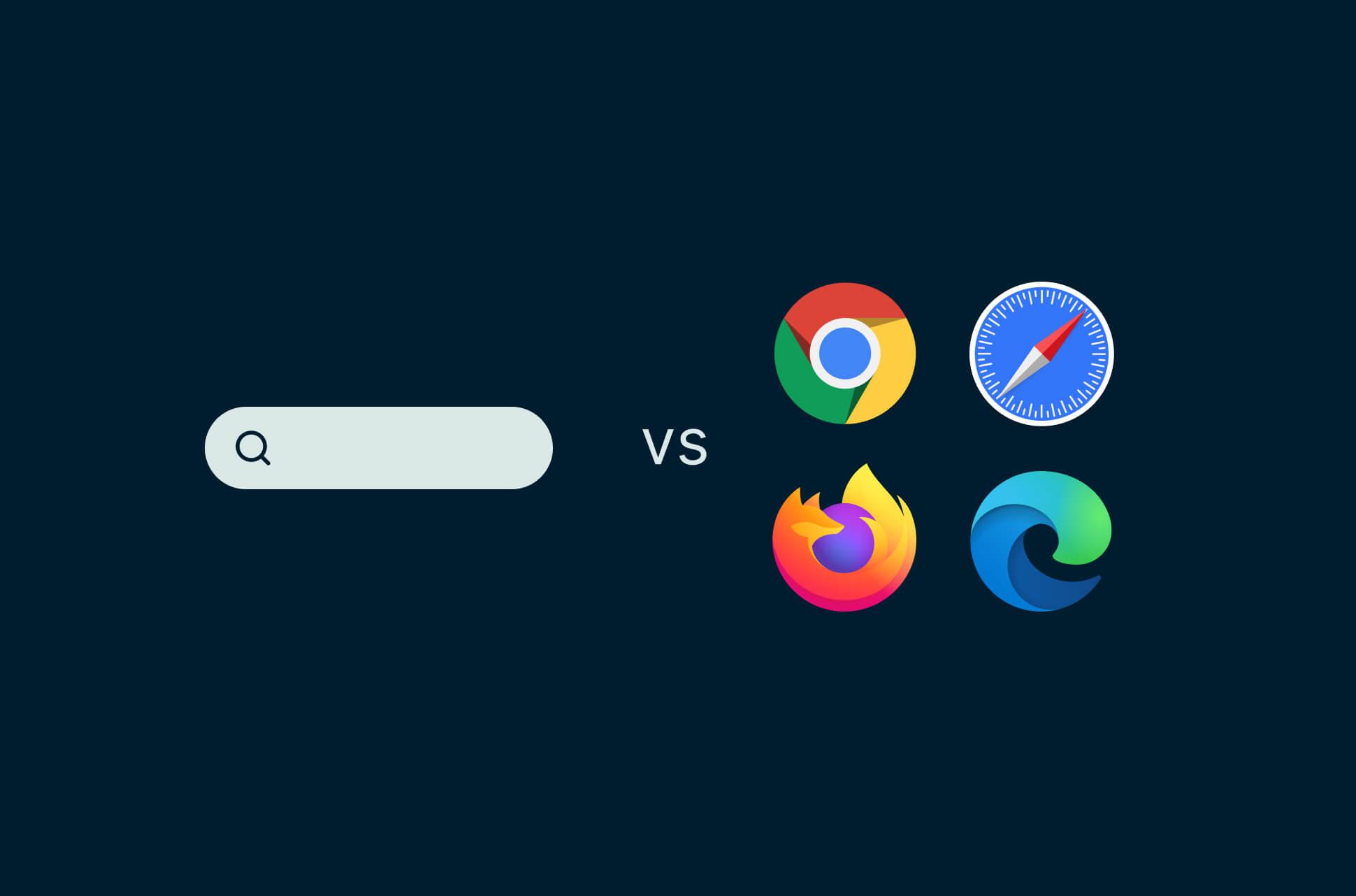
Finding the Right Balance: Speed and Relevance in search Engines
In the digital age, users are constantly seeking the perfect blend of speed and relevance when it comes to search engines. While Google has dominated the landscape, several alternative search engines have emerged, focusing on providing faster results without sacrificing the quality of information.this balance is essential for delivering a satisfying user experience, and many of these platforms are stepping up to the challenge.
one standout example is DuckDuckGo, which prioritizes user privacy while delivering search results quickly. Unlike traditional engines that track user behavior, DuckDuckGo ensures that your searches remain anonymous. This commitment to privacy doesn’t compromise its effectiveness; it delivers relevant results almost instantaneously, making it a favorite among users concerned about data security.
Another noteworthy player is Qwant, a search engine that emphasizes user experience.Qwant distinguishes itself with its vibrant interface and organized results that cater to various interests. its speed is remarkable,but what truly sets it apart is its dedication to not profiling users,thereby maintaining relevance without compromising privacy. Users can quickly find what they need while feeling secure in their browsing habits.
For those who value a more niche approach, Startpage combines the power of Google’s search results with an enhanced focus on user privacy. It acts as a middleman,fetching results from Google without tracking users. This unique blend ensures that you receive fast,relevant search outcomes while keeping your personal data safe. Startpage proves that users don’t have to sacrifice speed for security.
Ultimately,finding the right search engine is about aligning your personal needs with the values of the platform. Whether it’s through enhanced privacy, faster results, or a more personalized experience, these alternatives to Google are proving that a balanced approach can lead to better search experiences. As users become more discerning, these engines are likely to gain even more traction, paving the way for a future where speed and relevance go hand in hand.
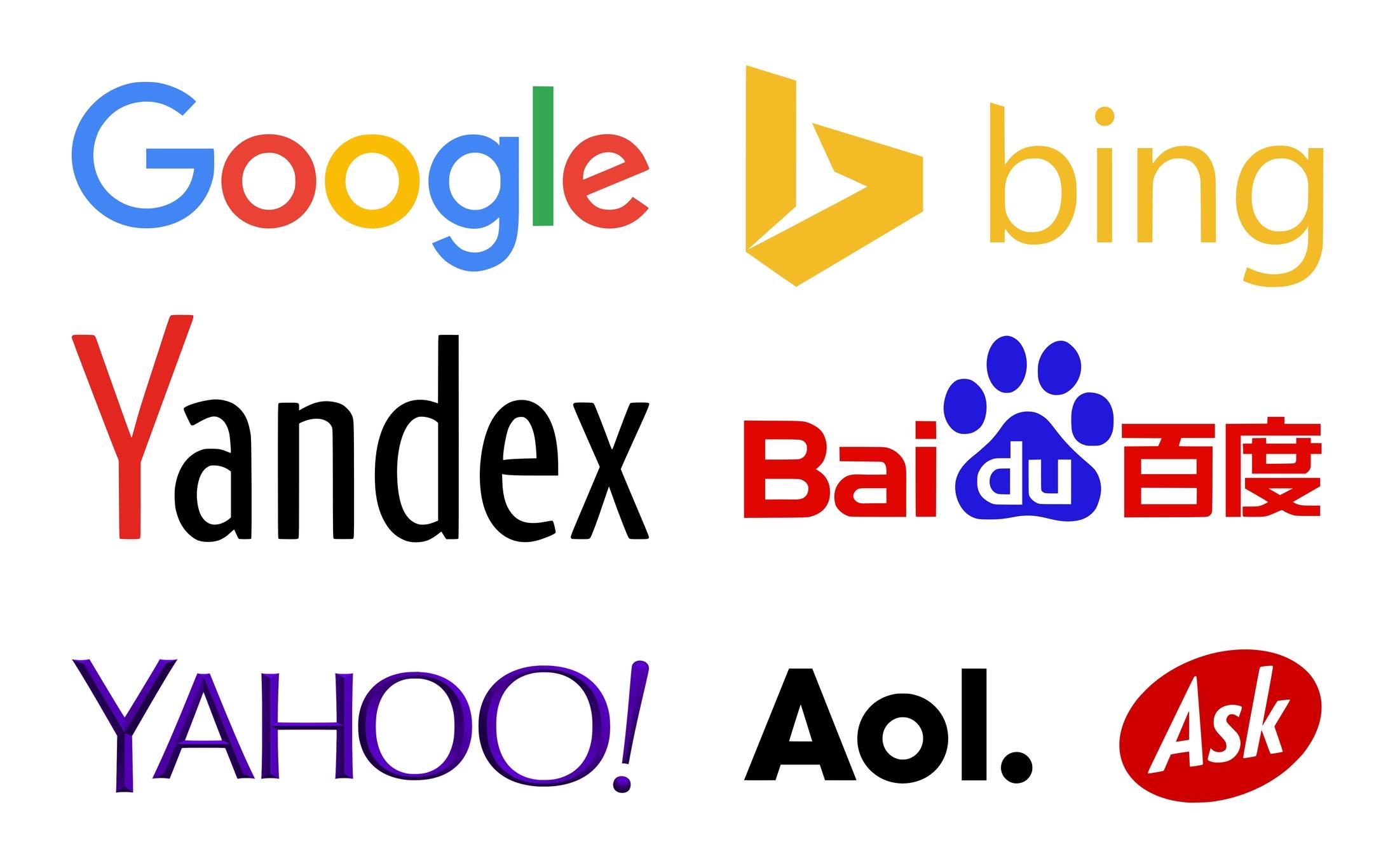
Making the Switch: Tips for Transitioning from Google to Alternatives
Transitioning from Google to alternative search engines can be an empowering decision, allowing you to take control of your online experience. Here are some essential tips to make the switch smoothly:
- Explore New Features: Each search engine has its unique features. Take the time to explore what alternatives offer—whether it’s privacy-focused options or specialized search functionalities.
- Customize Your Settings: Adjust the search settings of your new engine to suit your preferences. You might find options for filtering results, safe searching, or even themes that make your search experience more personalized.
- Bookmark Your Favorites: As you discover new search engines, bookmark them for quick access. This not only saves time but also keeps your browsing streamlined and efficient.
It may take time to adjust to a new search engine, so don’t rush the process. Make it a habit to use your new tool for a week or two before deciding whether it meets your needs. During this time, you might notice different results or features that improve your overall search experience.
consider utilizing browser extensions that can help facilitate the switch. Some extensions allow you to set alternative search engines as defaults or even let you search across multiple engines together. This can alleviate the anxiety of leaving behind a familiar tool while you explore new options.
Lastly, if you rely on specific search results from Google, try to find that content on your new search engine. You might be surprised at how much information is available through different sources. keep a list of keywords or topics that you often search for, and see how your new engine performs. This practice not only helps you assess the alternative but also opens up new avenues for information you may have overlooked.

User-Friendly Search Engines That cater to Your Preferences
In a world where personalization is key,finding a search engine that aligns with your specific interests can greatly enhance your online experience. Here’s a look at some user-friendly alternatives to Google that not only prioritize your privacy but also tailor results to your preferences.
DuckDuckGo is a standout choice for those who value privacy. This search engine doesn’t track your searches or build a profile based on your activity.Rather, it delivers results based on your query alone. With a clean interface and a focus on user privacy, DuckDuckGo makes searching simple and straightforward. You can also customize its appearance and features to suit your tastes.
If you’re interested in niche topics,Startpage may be the perfect fit for you. It combines the powerful search capabilities of Google while ensuring that your personal information remains completely confidential. Startpage allows you to search without any data collection, and you can even view pages anonymously through a proxy, giving you peace of mind while exploring various subjects.
For fans of visual content, Yippy offers a unique searching experience by clustering results into categories, making it easier to navigate through your options. This engine is particularly useful for academic research or deep dives into specialized fields. plus, with the ability to filter for specific types of content, Yippy helps you find exactly what you need without sifting through irrelevant information.
Another great option is Qwant, a European search engine that emphasizes user privacy and neutrality. Qwant not only protects your data but also provides search results that are free from filter bubbles.Its attractive interface and innovative features make it a delight to use, ensuring that you receive diverse search results tailored to your interests.
| Search Engine | Key Feature | Best For |
|---|---|---|
| DuckDuckGo | No tracking | Privacy enthusiasts |
| Startpage | Anonymous browsing | Privacy and Google results |
| Yippy | Content clustering | Academic research |
| Qwant | Neutral results | Diverse search experiences |
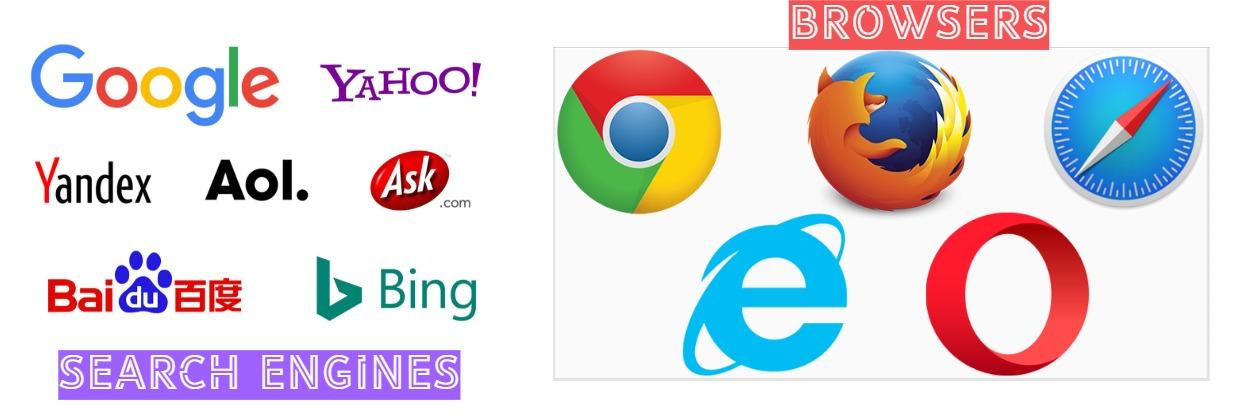
The Future of Searching: Why Alternatives to Google Are Gaining Traction
As more users become aware of privacy concerns and the overwhelming dominance of a single search engine, alternative platforms are stepping into the spotlight. these alternatives not only prioritize user privacy but also enhance the search experience by offering unique features tailored to specific interests and needs. The shift towards these search engines signifies a growing desire for diversity in the digital landscape.
Many users are now seeking search engines that prioritize privacy. Unlike Google, which tracks your data and delivers personalized ads, alternatives like duckduckgo and Startpage ensure your searches remain anonymous. This focus on privacy doesn’t just protect personal information; it also fosters a more unbiased search experience. By not tailoring results based on previous searches, users can discover new information they may not have encountered or else.
In addition to privacy, there are search engines that cater to niche markets. As an example, platforms like Wolfram Alpha excel in providing computational knowledge and analytical data, making them invaluable for students and professionals alike. Similarly, Yelp and Tripadvisor serve up results specifically for reviews and recommendations on local businesses and travel experiences. These options empower users to find precisely what they need without sifting through irrelevant content.
Additionally, the user interface and experience of these alternative search engines frequently enough stand out. Many alternatives offer cleaner, ad-free interfaces that streamline the search process. For example, Qwant delivers a visually appealing layout while also ensuring that user privacy is a top priority.Such enhancements not only make searching more enjoyable but also help users focus on the content that matters most to them.
Here’s a quick comparison of some notable alternatives:
| Search Engine | Privacy Focus | Unique Feature |
|---|---|---|
| DuckDuckGo | High | No tracking or profiling |
| Startpage | High | Google results without tracking |
| Wolfram Alpha | Medium | Computational knowledge engine |
| Qwant | high | No personalized results |
As users continue to explore these options, it’s clear that the future of searching is no longer solely reliant on one dominant player. By embracing alternatives, individuals can enjoy a more personalized, private, and diverse search experience. As more people recognize the value these search engines bring, the landscape of online searching will undoubtedly evolve, fostering a healthier ecosystem for all.

Unlocking Hidden Gems: Lesser-Known Search Engines Worth Trying
If you’ve ever felt overwhelmed by the sheer volume of information that Google presents, you’re not alone. While it’s the go-to search engine for many, there are other platforms out there that can help you uncover a wealth of information without the clutter.These lesser-known search engines not only offer unique features but also cater to specific needs that Google might not address as effectively.
DuckDuckGo is gaining traction among users who prioritize privacy. Unlike traditional search engines that track your searches, duckduckgo ensures that your browsing habits remain your own. The interface is clean and user-friendly,making it easy to find what you’re looking for without any invasive ads following you around.
StartPage takes the concept of privacy a step further by allowing you to search Google’s results anonymously. This means you can access the vast wealth of information Google has to offer without compromising your privacy. With no tracking cookies and a commitment to user anonymity, StartPage is an excellent option for those who want to keep their searches to themselves.
Qwant, a search engine based in France, offers a unique twist by prioritizing privacy while also integrating social media results. It displays a colorful and engaging user interface that makes searching a visual pleasure. Plus, with its built-in features like a music search option, Qwant provides a holistic search experience that goes beyond traditional text queries.
Here’s a quick comparison of some of these hidden gems:
| Search Engine | Privacy Focus | Unique Feature |
|---|---|---|
| DuckDuckGo | High | No tracking |
| StartPage | Very High | Google results anonymously |
| Qwant | Medium | Social media integration |
By exploring these alternatives, you may find that your search experience becomes more tailored to your interests and needs. Don’t hesitate to experiment with different search engines! You might discover tools that not only respect your privacy but also enhance the way you obtain information.
Frequently Asked Questions (FAQ)
Q: Why should I consider using search engines other than Google?
A: Great question! While Google is incredibly popular and powerful, it isn’t the only option out there. Other search engines can offer unique features, prioritize privacy, or cater to specific needs that Google might not address. Exploring alternatives can enhance your search experience and ensure you find exactly what you’re looking for.
Q: What are the top alternatives to Google?
A: Here are 11 fantastic options:
- Bing – Offers a visually appealing homepage and rewards system.
- DuckDuckGo – Prioritizes your privacy and doesn’t track your searches.
- Yahoo – A classic that still delivers a comprehensive search experience.
- Ecosia – An environmentally-friendly choice that plants trees with ad revenue.
- StartPage – Combines Google’s results with enhanced privacy.
- Qwant – A European search engine that respects user data.
- Brave Search – Designed for privacy enthusiasts, it doesn’t track you.
- Dogpile – Aggregates results from multiple search engines for broader coverage.
- Yandex – A popular choice in Russia, great for diverse searches.
- Swisscows – A family-friendly search engine that emphasizes data protection.
- Search Encrypt – Focuses on keeping your searches private and secure.
Q: How does DuckDuckGo ensure my privacy?
A: DuckDuckGo doesn’t track your search history or personal data. They don’t store your IP address, and they don’t use cookies to identify you. As a result, every search you make is anonymous, giving you peace of mind while browsing.
Q: What’s special about ecosia?
A: Ecosia is committed to sustainability! They use the profits from your searches to plant trees around the world. So, every time you search, you’re contributing to reforestation and making a positive environmental impact.
Q: Can I trust the privacy claims of search engines like StartPage or Brave?
A: Absolutely! StartPage is built on the principle of privacy and has been independently audited to verify their claims. Brave also has a strong reputation in the privacy community and offers transparency about its practices, making it a reliable choice for users concerned about data safety.
Q: What if I want a search engine that gives me a more visual experience?
A: Bing is your go-to! With its stunning daily background images and visually rich search results, it provides a more engaging browsing experience. Plus, its integration with Microsoft services can be a bonus if you’re already in that ecosystem.
Q: Are there any downsides to using these alternatives?
A: Some alternatives might not have the same breadth of results or advanced features as Google, particularly in niche searches. However,many users find that the unique benefits,like improved privacy or specific functionalities,make the trade-off worth it.
Q: How do I make the switch from google to another search engine?
A: It’s simple! Just visit the homepage of the search engine you choose and start searching. You can also set it as your default search engine in your browser’s settings. Give it a week or two to adjust and see how it meets your needs.
Q: What if I still want to use Google sometimes?
A: That’s totally fine! You can easily switch back and forth between search engines. Using multiple search engines can actually enhance your searching capabilities, allowing you to find a broader range of results.
Q: What’s the bottom line?
A: Exploring alternatives to Google can open up a world of possibilities! Whether you’re looking for better privacy, more eco-friendly options, or a search experience tailored to your specific needs, the 11 search engines listed can cater to your preferences and possibly enhance your overall online experience. Try them out and see which one resonates with you!
Final Thoughts
As we wrap up our exploration of the 11 best search engines to use instead of Google, it’s clear that the digital landscape is more diverse than we often realize. Each of these alternatives offers unique features and capabilities that cater to different needs—whether you value privacy, specialized searches, or simply a fresh outlook on the web.
So, why not step out of the Google bubble and give some of these options a try? You might be surprised at how much more you can discover when you venture beyond the familiar search giant. Plus, using alternative search engines can enhance your online experience, making it more tailored and, dare we say, enjoyable.
Remember, the internet is a vast place filled with endless possibilities. By exploring these alternatives,you not only find better results but also support a more varied ecosystem of information and innovation. So go ahead, experiment a little! Your next great find could be just a search away on one of these fantastic platforms. Happy searching!

